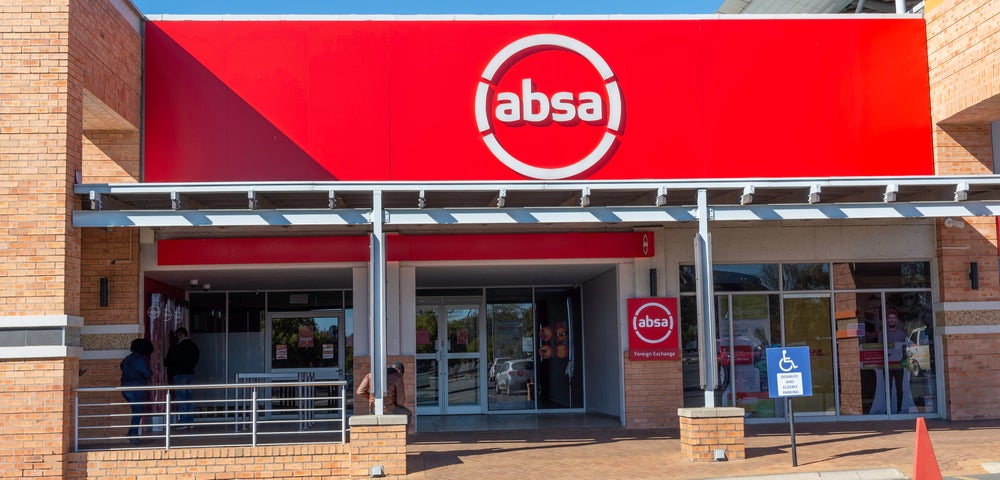The global fintech revolution is having a growing impact on Islamic finance through the evolution of a nascent Islamic fintech ecosystem. Mohamed Dabo reports
Go deeper with GlobalData
Related Company Profiles
A recent survey by Mambu set out to investigate the changing face of Islamic banking. Mambu is a global Software as a Service (Saas) banking platform for both fintechs and traditional finance companies. The company is also a provider of Shariah-compliant products.
What follows are excerpts from the Mambu global survey of 2,000 members of the younger members of Muslim communities (Gen Z and millennials).
The emergence of Sharia-tech
They want services that can complement a lifestyle that is driven by increased mobility. This means financial institutions need to provide flexible banking solutions to fit into this way of living.
How well do you really know your competitors?
Access the most comprehensive Company Profiles on the market, powered by GlobalData. Save hours of research. Gain competitive edge.

Thank you!
Your download email will arrive shortly
Not ready to buy yet? Download a free sample
We are confident about the unique quality of our Company Profiles. However, we want you to make the most beneficial decision for your business, so we offer a free sample that you can download by submitting the below form
By GlobalDataFrom our study, 70% of respondents claim it is important that they can make an investment without seeing someone in person, with 74% citing a mobile banking app as important.
This illustrates the growing demand among younger generations for efficient mobile banking solutions that can keep pace with their busy lives.
Clearly illustrating their view of digital services, 78% confirm that the availability of online banking options is critical, with 76% stating that it is a deal-breaker if online options are not available.
Simply put, to remain competitive, banks must embrace innovative technology solutions in order to attract younger users who are the future of Islamic banking.
As Arif Amiri, CEO of Dubai International Financial Centre explained in a S&P Global report: “Millennial and Generation Z customers will continue to play a significant role in the growth of Islamic finance. They will expand the sector’s future customer base, with the younger segment expected to contribute to as much as 75% of total bank revenue by 2030.”
This consensus is particularly interesting as the Islamic finance industry has only seen a meaningful integration of Islamic fintechs in recent years. It is still early days, and the sector is ready for disruption, presenting a huge opportunity for financial institutions around the world.
Opportunities for banks
In addition, 32% claim that they cannot easily access banks that adhere only to Islamic principles. Again, a mixed portfolio of products is a viable option.
There is a clear opportunity for both conventional and Islamic banks to enhance their services by tapping into and addressing the demands of their tech-savvy customer base for greater transparency, highly personalised products and seamless experiences.
Digital banking technology will allow these financial institutions to achieve multiple strategic objectives such as financial inclusion, best-in-class user experience, and the ability to grow and scale rapidly.
However, digitisation and abiding by ethical principles is not enough.
Personalisation is vital in ensuring that Islamic finance customers are being served in a way that suits their needs – whether that is in-person, online or a combination of both.
In the past year alone, we have seen a number of new ethical challenger banks and fintechs enter the market, including Starling Bank, Spiral, Banca Ética Latinoamericana and TreeCard.
Triodos has also announced record lending in Wales over the past year, while Starling has hired more than 550 people since March 2020.
The financial institutions that don’t act are at risk of losing customers to banks that align with consumer values and societal good.
Islamic finance cannot be ignored as conventional banks continue to develop their approach to ethical banking as more people will choose to bank this way, regardless of their religious beliefs.
In addition to meeting customer demands and expectations, technology will also be critical in supporting banks to seamlessly introduce Islamic or ethical products to their existing infrastructure, as well as enable Islamic banks to grow their customer base.

Sign up for our daily news round-up!
Give your business an edge with our leading industry insights.



